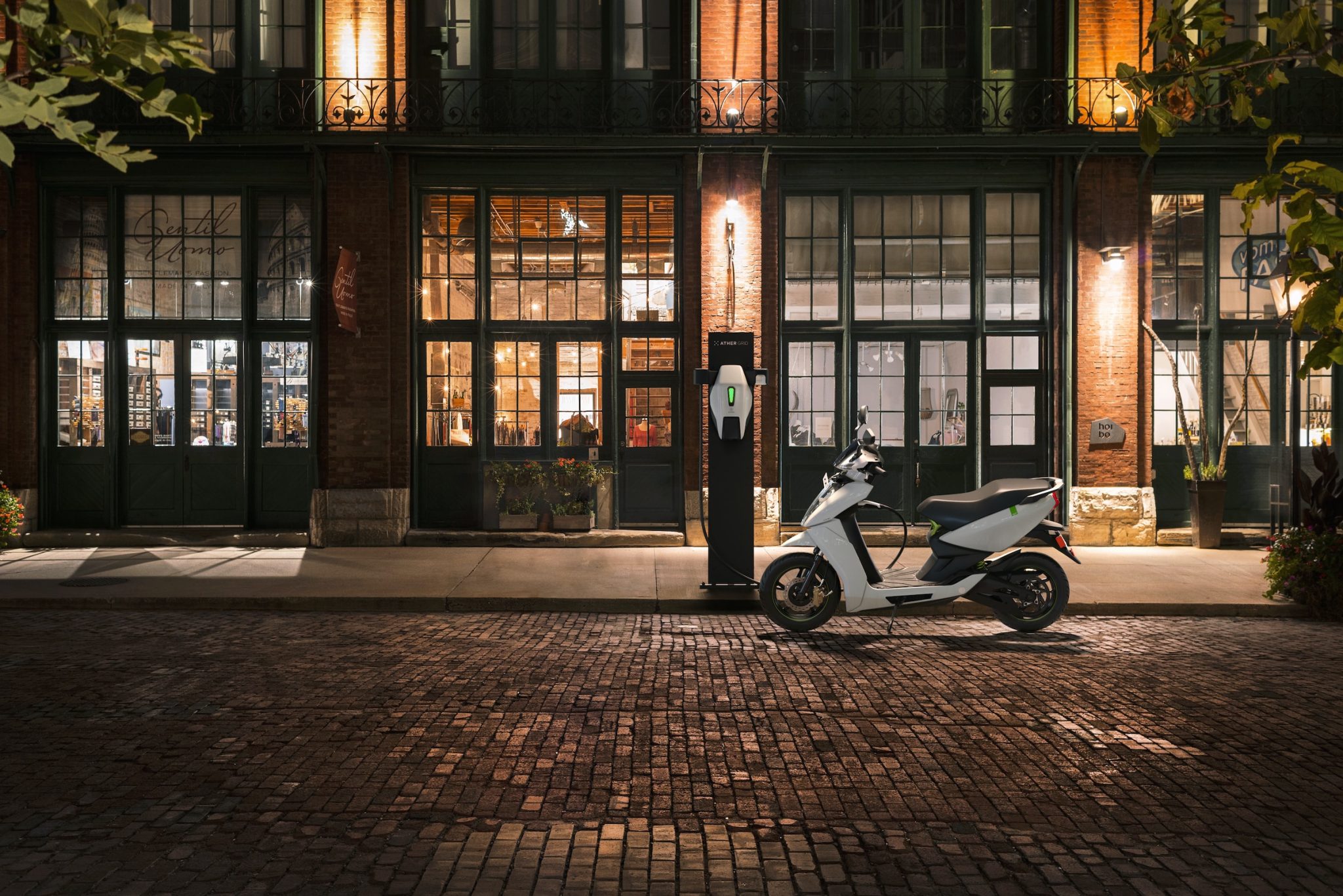Electric vehicles are quickly becoming popular for those looking to reduce their carbon footprint and become more environmentally responsible. They provide an efficient alternative to traditional gasoline-powered engines, with the added benefit of being much quieter than their fossil fuel counterparts. But do you know why electricity is a great option for powering these modern cars? Read on for six facts about electric vehicles that will make you understand and appreciate their value.

Table of Contents
1. Versatility and Variety
Electric vehicles come in various types, sizes, and styles, accommodating the diverse needs and lifestyles of the users. This versatility extends from compact electric cars suitable for city commuting to robust electric trucks capable of handling off-road terrain to electric buses designed for public transportation. Among these, a particularly noteworthy innovation is the emergence of electric scooters that reach 30 MPH speeds, offering an inexpensive and eco-friendly alternative for short-distance trips. These advances in electric vehicle technology make it even easier for users to choose the perfect option that best fits their needs. This makes electric scooters a dynamic addition to the growing array of electric vehicles.
2. Zero Emissions
One of the most compelling reasons to choose electric vehicles is their zero-emission feature. Unlike conventional vehicles that emit harmful pollutants such as carbon monoxide, nitrogen oxides, and particulate matter into the air, electric cars produce zero tailpipe emissions. This attribute significantly contributes to cleaner air, improving public health, and lowering environmental impact.
The harmful emissions from traditional vehicles have been linked to various health issues, including respiratory diseases and premature deaths. By choosing electric vehicles, we can play a crucial part in reducing these harmful environmental impacts, making our cities cleaner and safer for current and future generations.
3. Energy Efficiency
Electric vehicles are vastly more energy efficient than their gasoline-powered counterparts. Where a conventional internal combustion engine vehicle converts only about 17-21% of the energy stored in gasoline to power the wheels, electric vehicles convert over 77% of the electrical energy from the grid to power the wheels. This significant difference in energy conversion efficiency translates to less energy wasted in the form of heat and more energy used for actual propulsion. In practical terms, this means that for the same amount of energy input, an electric vehicle can travel a much greater distance than a gasoline-powered vehicle, making it a vastly more efficient and cost-effective choice for transportation.

4. Improved Performance
Electric vehicles are renowned for their superior performance compared to traditional combustion engines. Key among these is their immediate torque. Electric motors generate 100% of their torque at zero RPM (revolutions per minute), providing rapid acceleration from a complete stop, something gasoline-powered vehicles cannot match. Hence, electric cars offer a smoother and more responsive driving experience.
Furthermore, electric vehicles tend to have a low center of gravity due to the placement of the heavy battery pack at the vehicle’s base, enhancing their handling and stability. This design feature often contributes to a lower likelihood of rollover accidents, making electric vehicles high-performing and safer. Lastly, electric vehicles are generally quieter in operation, adding to the driving experience’s comfort and pleasure.
5. Lower Maintenance Costs
Electric vehicles are generally cheaper to maintain than their internal combustion engine counterparts. These vehicles have fewer moving parts when compared to traditional vehicles, which means there’s less that can go wrong. With no need for oil changes, tune-ups, or exhaust system repairs, the maintenance needs of an electric vehicle are significantly reduced.
Additionally, the regenerative braking system in electric vehicles reduces wear and tear on brakes, leading to less frequent replacements. The savings on these routine maintenance costs can add up over time, making electric vehicles not just an eco-conscious choice but a cost-effective one too.
6. Government Incentives and Support
In many countries, fiscal incentives and non-fiscal measures are often implemented to encourage consumers to choose electric vehicles over traditional ones. Fiscal incentives can include tax credits, grants, or subsidies that reduce the upfront cost of electric vehicle purchasing. For instance, in the United States, buyers of new electric cars can take advantage of a federal tax credit of up to $7,500, depending on the size of the vehicle and its battery capacity.
On the other hand, non-fiscal measures include perks such as priority parking spaces, access to carpool lanes, and exemptions from specific fees. For example, some cities offer free charging stations to electric vehicle owners or permit them to use high-occupancy vehicle lanes regardless of the number of passengers. These incentives make owning and operating an electric vehicle more affordable, convenient, and advantageous, thus making them an attractive alternative to gasoline-powered cars.
These six facts about modern electric vehicles highlight why electricity is a great power option. With their versatility, zero emissions, energy efficiency, improved performance, lower maintenance costs, and government incentives and support, electric vehicles have become the preferred choice for many drivers looking to go green. From compact cars to buses to scooters, there’s an electric vehicle for everyone – so why not make the switch today?
- About the Author
- Latest Posts
Whether she is researching the latest trends in home decor, life-changing destination getaways, or the best way to maintain your finances, Dewey takes pride in leaving no stone unturned. She is passionate about distilling and delivering high-quality information that you can use to upgrade your life.

